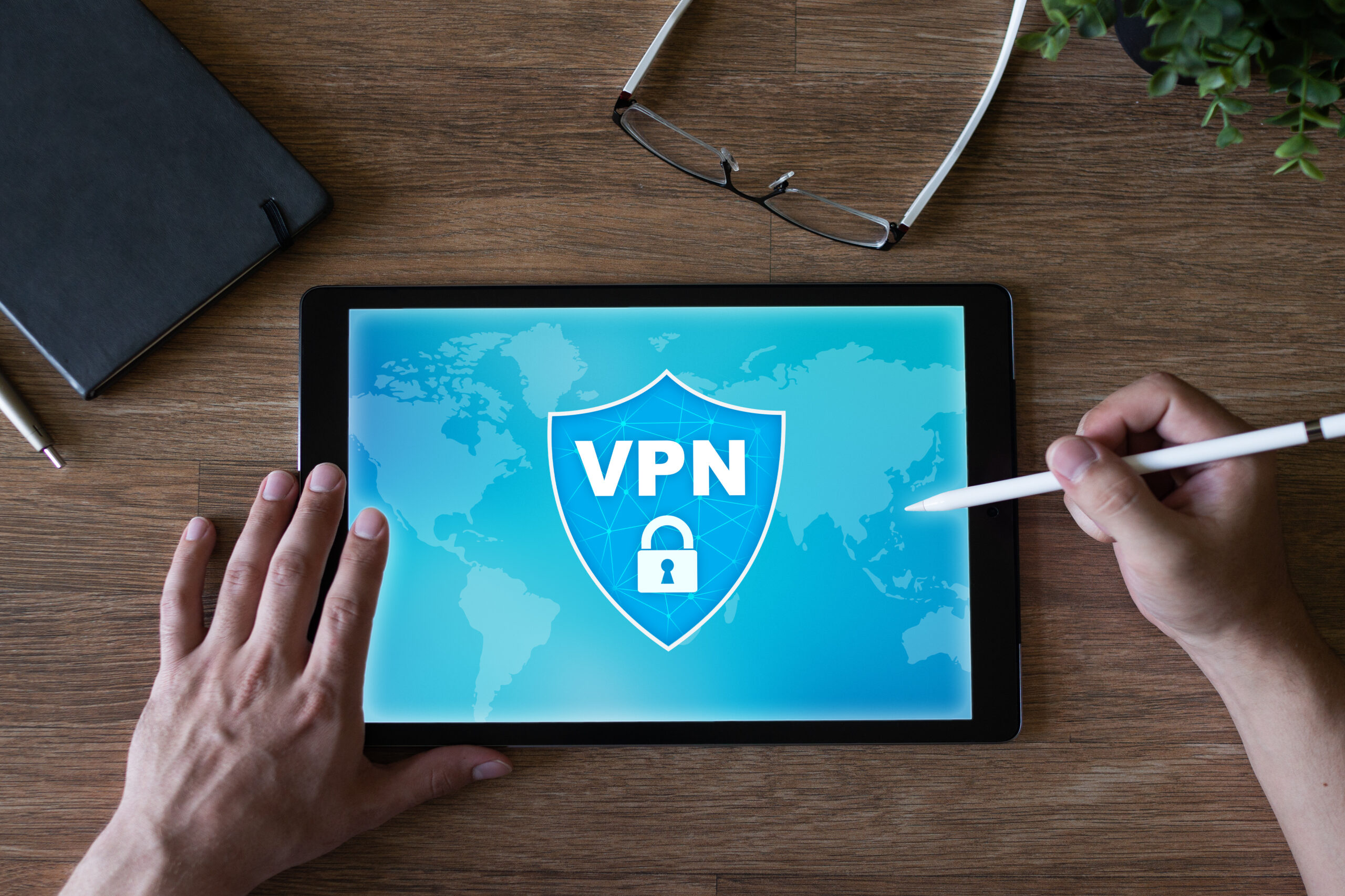
123rf
In the digital age, the internet is our playground, office, and meeting room all rolled into one. But it’s also a legal minefield. What may seem like innocent online activities can sometimes land you in hot water with the law. From sharing memes to venting about a bad day, the line between harmless and illegal can be surprisingly thin. Here are seventeen online activities that might look innocent but could potentially lead to legal issues.
1. Downloading “Free” Music and Movies

123rf
Downloading music and movies from torrent sites might feel like scoring a freebie, but it’s actually a form of copyright infringement. Even if websites advertise “free downloads,” these can still be illegal if the content is copyrighted. Getting caught might result in hefty fines or even criminal charges. This is because the creators or copyright holders lose potential revenue when their work is distributed without permission. Ignorance of the law is not a defense, so even if you didn’t know it was illegal, you could still face penalties. It’s best to stick to legitimate sources for your entertainment.
2. Sharing Memes

123rf
Memes are the currency of the internet, but sharing them can sometimes infringe on copyrights. If a meme uses a photo, artwork, or character that is copyrighted without permission, posting it could expose you to legal risk. This is especially true if the meme is used for commercial purposes or gains significant attention. Additionally, some memes might contain defamatory content or violate privacy rights, further complicating the legal landscape. Always think twice before sharing a meme, especially if its source or content is dubious.
3. Posting Reviews and Feedback

123rf
While posting honest reviews of products, services, or experiences is generally fine, crossing into defamation territory is not. Writing false statements that can harm someone’s reputation or business can lead to a lawsuit. Even if you believe what you wrote is true, you could still find yourself defending your words in court. Moreover, some businesses include non-disparagement clauses in their terms of service, which could legally bind you from posting negative reviews. To stay safe, ensure your reviews are truthful and can be backed up with evidence.
4. Selling Items Without a License

123rf
Selling homemade crafts or second-hand items online might seem harmless, but depending on the volume and nature of sales, you might need a business license. Failing to comply with local business regulations can result in fines. Additionally, selling counterfeit or trademarked goods as genuine, even unknowingly, can lead to serious legal issues, including criminal charges. It’s important to understand the legal requirements of e-commerce in your area to avoid unintended lawbreaking.
5. Using VPNs to Access Geo-Blocked Content

123rf
Using a VPN to access content not available in your country might seem like a clever workaround, but it can violate terms of service agreements. Some countries have strict laws against circumventing geo-restrictions, particularly for accessing streaming services. This could lead not only to being banned from the service but also to more serious legal consequences. Ensure you understand both the technological and legal implications of using VPNs in this way.
6. Creating Fan Fiction

123rf
Writing and sharing fan fiction is a popular hobby, but it can infringe on intellectual property rights. If the original creators decide that your work threatens their interests, they might take legal action. This is particularly likely if your fan fiction is being sold or widely distributed. Always check the copyright policy related to the content you are using to ensure that your derivative work doesn’t cross legal boundaries.
7. Running Giveaways

123rf
Online giveaways are a great way to increase engagement, but if not conducted correctly, they can violate state and federal regulations regarding lotteries and sweepstakes. Each country and state has its own laws about what constitutes a legal giveaway, including disclosure, terms and conditions, and eligibility requirements. Failing to adhere to these rules can result in fines and legal action. Ensure your giveaway is compliant with local laws to avoid complications.
8. Copying Homework Solutions

123rf
Online platforms and forums often provide easy access to homework answers and pre-written essays. While it might seem like a harmless shortcut, using these solutions can constitute academic dishonesty or plagiarism according to school policies. Getting caught can result in serious academic consequences, including expulsion. Moreover, distributing such content, even unintentionally, could also violate copyright laws, potentially leading to legal issues. Always strive to complete your assignments independently or seek legitimate help.
9. Participating in “Harmless” Pranks or Challenges

123rf
Online challenges and pranks may go viral for their entertainment value, but participating in or encouraging dangerous activities can lead to legal trouble. Some pranks might be considered harassment or endangerment, both of which are serious offenses. Additionally, filming someone without consent and sharing the video online can infringe on privacy rights and lead to defamation lawsuits. It’s important to consider the potential consequences of what may initially seem like fun and games.
10. Sharing Recipes or DIY Instructions

123rf
While sharing recipes or DIY projects seems utterly benign, using someone else’s original recipes or methods without permission can breach copyright rules. If your shared content includes trademarked terms or patented techniques, you might face infringement accusations. Always credit original creators and be cautious with how you present your content to avoid legal pitfalls.
11. Streaming Sports Events to Friends

123rf
Live streaming a paid sports event to friends through social media or other platforms can violate broadcasting rights. Such activities can attract significant penalties from rights holders, who take these violations seriously. Always enjoy content through legal channels and avoid sharing paid streaming services publicly.
12. Engaging in Online Debates

123rf
Participating in online debates is a common way to express opinions, but making aggressive comments or threats can lead to accusations of cyberbullying or harassment. It’s essential to keep interactions respectful and avoid crossing the line into abusive behavior. Legal actions can arise from what are perceived as innocent debates if they escalate inappropriateness.
13. Using Copyrighted Images for Blogs or Websites

123rf
Utilizing copyrighted images on your blog or website without permission or proper attribution is a form of copyright infringement. This might seem harmless when you’re just looking to enhance your posts, but it can lead to legal notices and fines. Opt for royalty-free or creative commons images, or better yet, use original photography.
14. Impersonating Others

123rf
Creating a profile under someone else’s name or impersonating someone online can lead to charges of identity theft or fraud. Even if meant as a joke, this action can have serious repercussions, including criminal charges. Always represent yourself truthfully online.
15. Buying or Selling Online Without Reporting Income

123rf
If you frequently buy and sell items online, it’s important to report any income earned to tax authorities. Failure to do so can lead to accusations of tax evasion, which carries heavy fines and potential criminal charges. Keep thorough records of your transactions and follow local tax regulations.
16. Unknowingly Spreading Malware

123rf
Sharing files or links without knowing they contain malware can lead to accusations of cybercrime. Always ensure your computer has updated antivirus software and verify the security of the content you share. This can help protect you and others from potential legal and security issues.
17. Clicking on Everything

123rf
Clicking on links without verifying their security can lead to breaches of personal and financial information, potentially resulting in legal trouble if your actions inadvertently harm others. Always be cautious with what you click online to avoid phishing scams and malware distribution.
Surfing Safely

123rf
Navigating the internet safely and legally doesn’t mean you can’t have fun or engage fully with digital content. However, being aware of the potential legal implications of seemingly innocent online activities is crucial. Always stay informed about the laws and regulations that apply to your online behaviors. With a little knowledge and caution, you can avoid the pitfalls that might lead to legal trouble while enjoying all the benefits the digital world has to offer.
